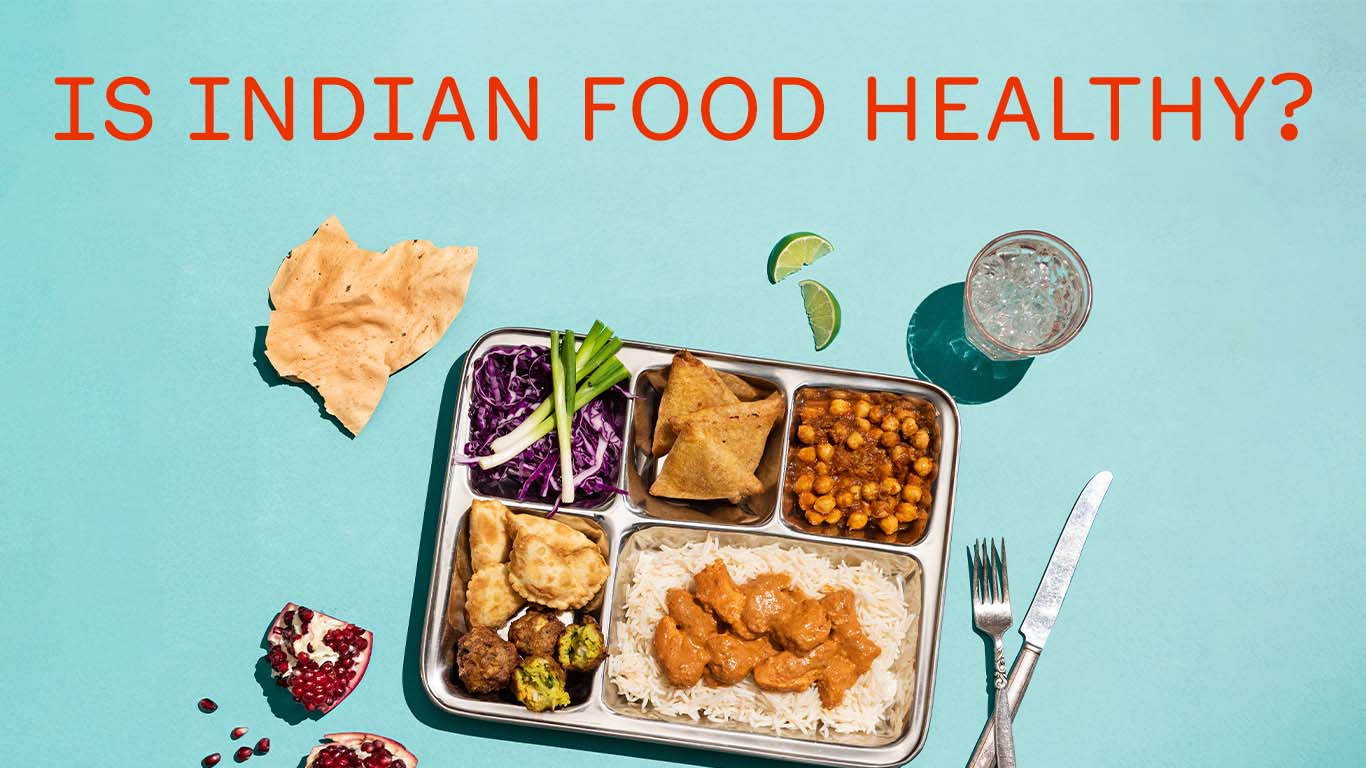
Indian cuisine is renowned for its vibrant flavors, aromatic spices, and diverse culinary traditions. You might be asking yourself, "is Indian food healthy?" When it comes to assessing the healthiness of any cuisine, it's important to note its nutritional components and cooking methods. In this article, we will explore the nutritional benefits of Indian food and how it can contribute to a healthy diet.
Abundance of Plant-Based Ingredients
Indian cuisine incorporates a wide variety of plant-based ingredients such as lentils, legumes, vegetables, whole grains, and spices. Take Chef Bombay's Vegetable Pakoras, for example. The primary ingredients include Potatoes, Onions, Chickpea Flour, Sweet Potato, Spinach, Cilantro, Salt, Spices, and Garlic.
Plant-based ingredients are rich in fiber, vitamins, minerals, and antioxidants, which are essential for maintaining good health. Plant-based diets have been associated with various health benefits, including reduced risk of heart disease, diabetes, and certain cancers.
Utilization of Spices and Herbs
The use of spices and herbs in Indian cooking not only enhances the flavors but also brings numerous health benefits. Turmeric, a key ingredient in Indian cuisine, contains curcumin, a compound known for its anti-inflammatory and antioxidant properties. Other spices like cumin, coriander, cinnamon, and ginger offer digestive benefits, help regulate blood sugar levels, and promote overall well-being.
Healthy Cooking Techniques
Indian cuisine employs various cooking techniques that can be considered healthy. Many dishes are prepared using methods like steaming, sautéing, and grilling, which help preserve the nutrients in the ingredients while minimizing the need for excessive oil or frying. Additionally, traditional Indian cooking often includes slow cooking methods that allow flavors to develop without the need for excessive salt or artificial additives.
Balanced and Wholesome Meals
Indian cuisine emphasizes the concept of a balanced meal known as "thali," which typically includes a variety of dishes representing different food groups. A typical thali consists of a grain (such as rice or roti), lentils or legumes, vegetables, yogurt, and a small portion of a protein source like fish, chicken, or paneer (cottage cheese). This approach ensures a well-rounded meal with a mix of carbohydrates, proteins, healthy fats, and essential nutrients. It can be achieved with Chef Bombay frozen meals.
Adaptability to Dietary Preferences and Requirements
Indian cuisine can accommodate various dietary preferences, including vegetarian and vegan diets. With a wide array of vegetarian and plant-based dishes, it provides ample options for those seeking to eliminate or reduce meat consumption. Plant-based proteins like lentils, chickpeas, and tofu are commonly used in Indian cooking, making it a favorable choice for individuals following a vegetarian or vegan lifestyle.
Indian food manufacturers, like Chef Bombay, ensure they make meals for everyone. Halal food is a simple way of eating that follows the guidelines set by Islamic law and is abundant in Chef Bombay's product lineup. These include Palak Paneer, Beef Vindaloo, and more.
Chef Bombay also produces gluten-free Indian food options including Chicken Tikka Masala and Butter Chicken.
Mindful Portion Control
Portion control plays a crucial role in maintaining a healthy diet. Indian food, with its array of flavors and dishes, encourages mindful eating. The variety of dishes served in a thali or during festive occasions allows individuals to enjoy smaller portions of each item, leading to a balanced intake of nutrients.
